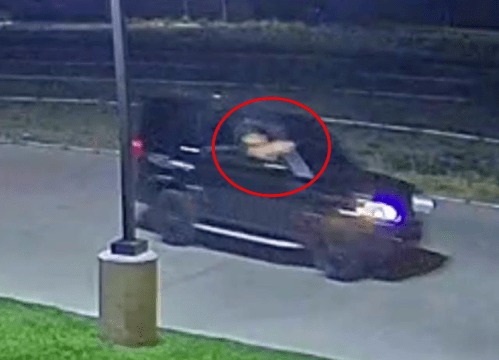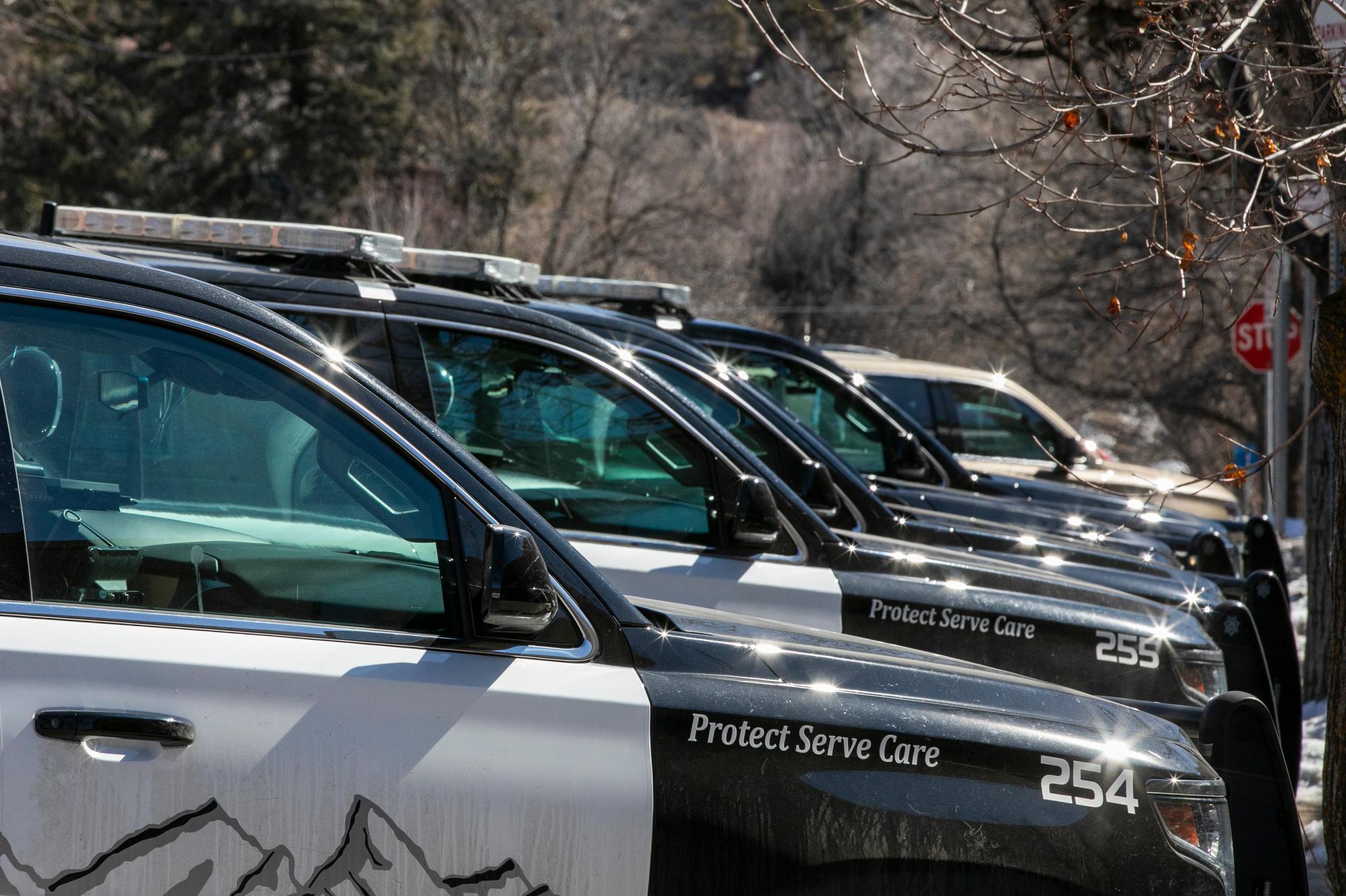 Last week Arapahoe County announced it reached a settlement with a woman who claims she was held in jail unlawfully based on a request from federal immigration authorities.
Last week Arapahoe County announced it reached a settlement with a woman who claims she was held in jail unlawfully based on a request from federal immigration authorities.
"Rather than stretch this thing out for what could be a year or two, going through a process and spending a lot more dollars in potential litigation, a business decision was made to just settle this," Arapahoe County Sheriff David C. Walcher said.
Claudia Valdez was originally arrested in 2012 after an incident of domestic violence. Walcher says deputies in his office thought she might be the aggressor in the incident, so they took her into custody. But after the county agreed to let her go on that charge, it continued to hold her on behalf of Immigration and Customs Enforcement, part of the federal Department of Homeland Security.
Valdez stayed in jail for an additional three days following a request from ICE, according to the American Civil Liberties Union, which recently filed a complaint on her behalf.
The ACLU alleged that the county didn't have legal authority to enforce a federal immigration "hold" request, and that keeping her in jail violated her rights under the Fourth and Fourteenth Amendments to the U.S. Constitution.
In addition to announcing the settlement with Valdez and the ACLU, Walcher says he will no longer honor requests from ICE to detain people after their local charges or sentences are resolved. The requests come through a program called Secure Communities, which the federal government has required local law enforcement agencies to participate in since 2011.
Earlier this year the ACLU of Colorado sent a letter to all of Colorado's sheriffs explaining they don't have legal authority to hold people based only on requests from ICE.
Walcher says his county's decision is due in large part to a recent federal court ruling in Oregon, which found that such detentions are a violation of constitutional rights and that counties are responsible for any damages incurred.
This spring several other Colorado counties, including Denver, have made similar policy decisions. They signal a big change in the way Colorado agencies are adhering to the federal Secure Communities program.
Secure Communities requires local law enforcement officials to hold onto people that ICE thinks may be in the country illegally. Then-Arapahoe County Sheriff Grayson Robinson told Colorado Public Radio in 2010 that the program was an efficient way to identify people in Colorado’s criminal justice system who were also violating federal immigration laws. Robinson said then that overcrowding in Colorado prisons would help ensure that the state wouldn't detain large numbers of people who commit minor crimes.
But immigration advocates, like immigration attorney Laura Lichter of Denver, say that's exactly what's happened. "Ms. Valdez's case is a beautiful illustration of just how ugly this program can really be," Lichter says. "By the time someone actually got a chance to really look at the case, they realized that this person didn't have a criminal charge pending against them.... There was a determination made that they weren't a threat to the community and they probably never should have been subject to an ICE hold in the first place."
Lichter adds that while ICE officials say they're practicing discretion in making detention requests, they're operating with limited information when they make those decisions. "What's scary about the [Secure Communities] program is that it's kind of numbers and computers as opposed to people looking at individual files," she says.
Now counties will stop holding people solely based on requests from ICE, but that’s not the end of Secure Communities here. Some sheriffs, like Larimer County Sheriff Justin Smith, who sits on the executive board of the County Sheriffs of Colorado, want to find a legal way to honor ICE's requests.
"What we’ve essentially came back with as a counter-proposal to ICE is whatever these detainers are, have them signed by a judge -- a judge that determines there’s probable cause to hold the individual. I think overall that’s the general message," Smith says. "The other is: We have notified in the past and will continue to notify them of individuals we believe you know may be here illegally and encouraging immigration to come be there immediately upon their release, that helps to honor the federal violations as well."
Smith says cooperating with federal authorities is an essential part of his job.
"Whether it’s the DEA, the FBI or ICE, it’s not up to us to determine we cooperate with this but not that," Smith says. "It’s simply a matter of, that’s what we’ve done for well over 200 years...and imagine where this country goes if states and federal governments intentionally try to sabotage each other’s laws."
For now, though, Larimer County is one of the many in the state that will no longer hold people on ICE requests.








